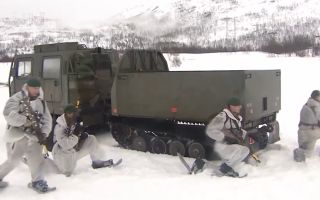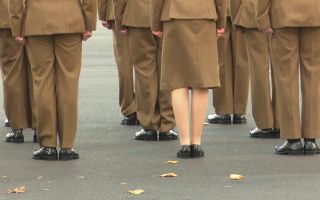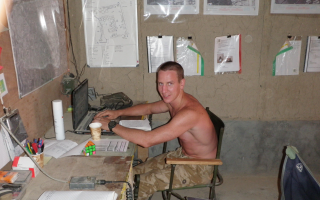RAF Typhoons drop Paveway IV bombs against Houthi locations in Yemen
Royal Air Force Typhoon FGR4s supported by Voyager tankers have joined US forces in carrying out further deliberate strikes against Houthi locations in Yemen.
The Ministry of Defence confirmed that the Typhoons flying from RAF Akrotiri employed Paveway IV precision-guided bombs against multiple military targets which had been identified by "careful intelligence analysis at three locations".
Defence Secretary Grant Shapps said this latest round of strikes was "not an escalation" of the conflict.
'Not an escalation'
"The Houthis' attacks on commercial and military vessels in the Red Sea are illegal and unacceptable and it is our duty to protect innocent lives and preserve freedom of navigation," said Mr Shapps.
"That is why the Royal Air Force engaged in a third wave of proportionate and targeted strikes against Houthi military targets in Yemen. We acted alongside our US allies, with the support of many international partners, in self-defence and in accordance with international law.
"This is not an escalation. We have already successfully targeted launchers and storage sites involved in Houthi attacks, and I am confident that our latest strikes have further degraded the Houthis' capabilities.
"Having recently met those British personnel stationed in the region, I know the dedication and professionalism with which they serve our nation's Armed Forces and I would like to thank them for ensuring this operation was a success."
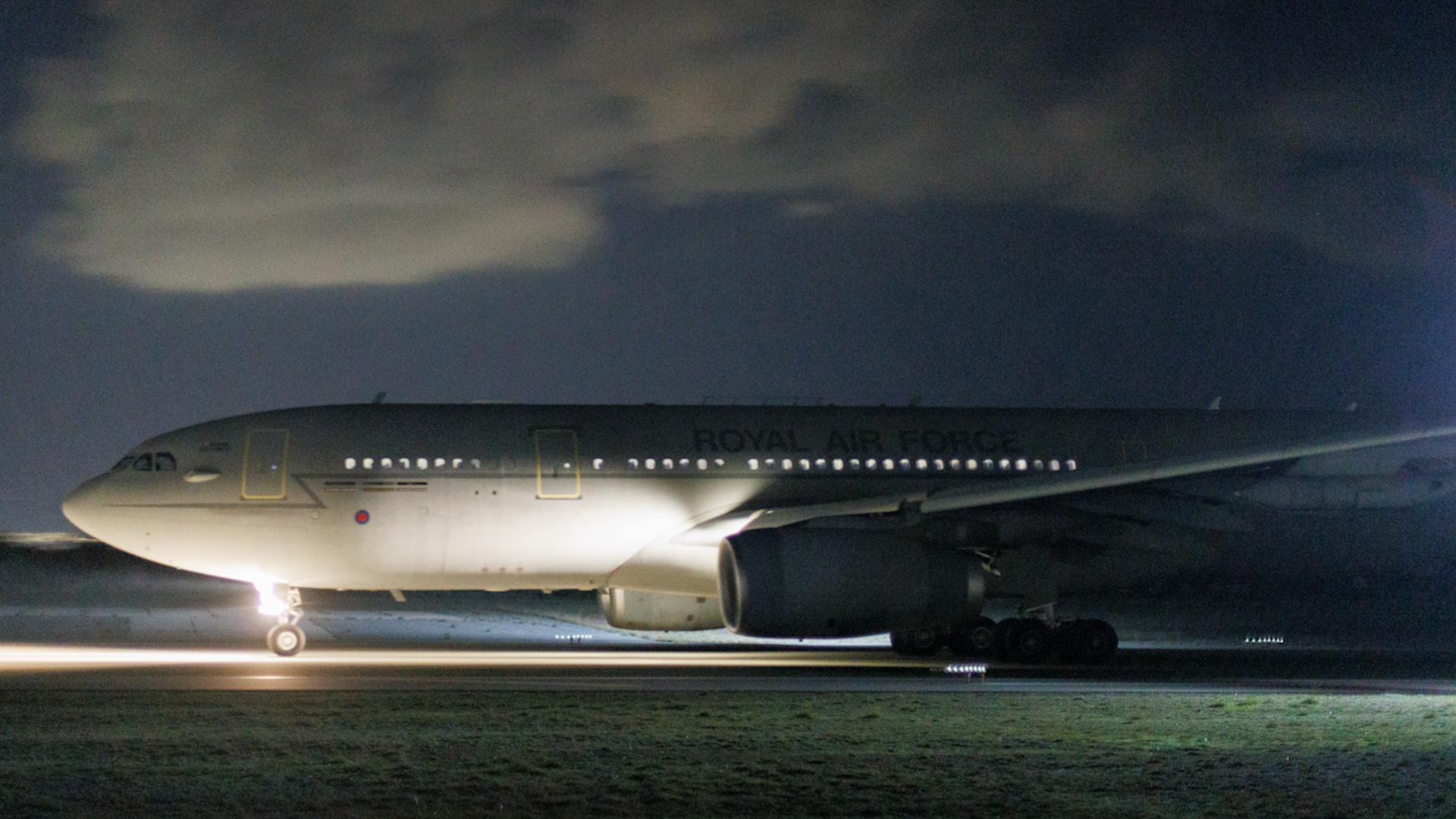
The MOD confirmed that more than 30 targets across three sites were hit by the RAF Typhoons in this third wave of joint UK and US attacks on the Iranian-backed group.
This latest wave follows the US attacks on sites in Syria and Iraq on Friday, which were retaliatory strikes following an attack on a US military base.
The Houthis have repeatedly launched attacks on vessels in the Red Sea and elsewhere off the Yemeni coast, claiming they are targeting Israeli or Israel-destined ships in protest over the war with Hamas in Gaza.
Last week, a fire on a British-linked oil tanker in the Gulf of Aden was put out after Houthi rebels struck the vessel.
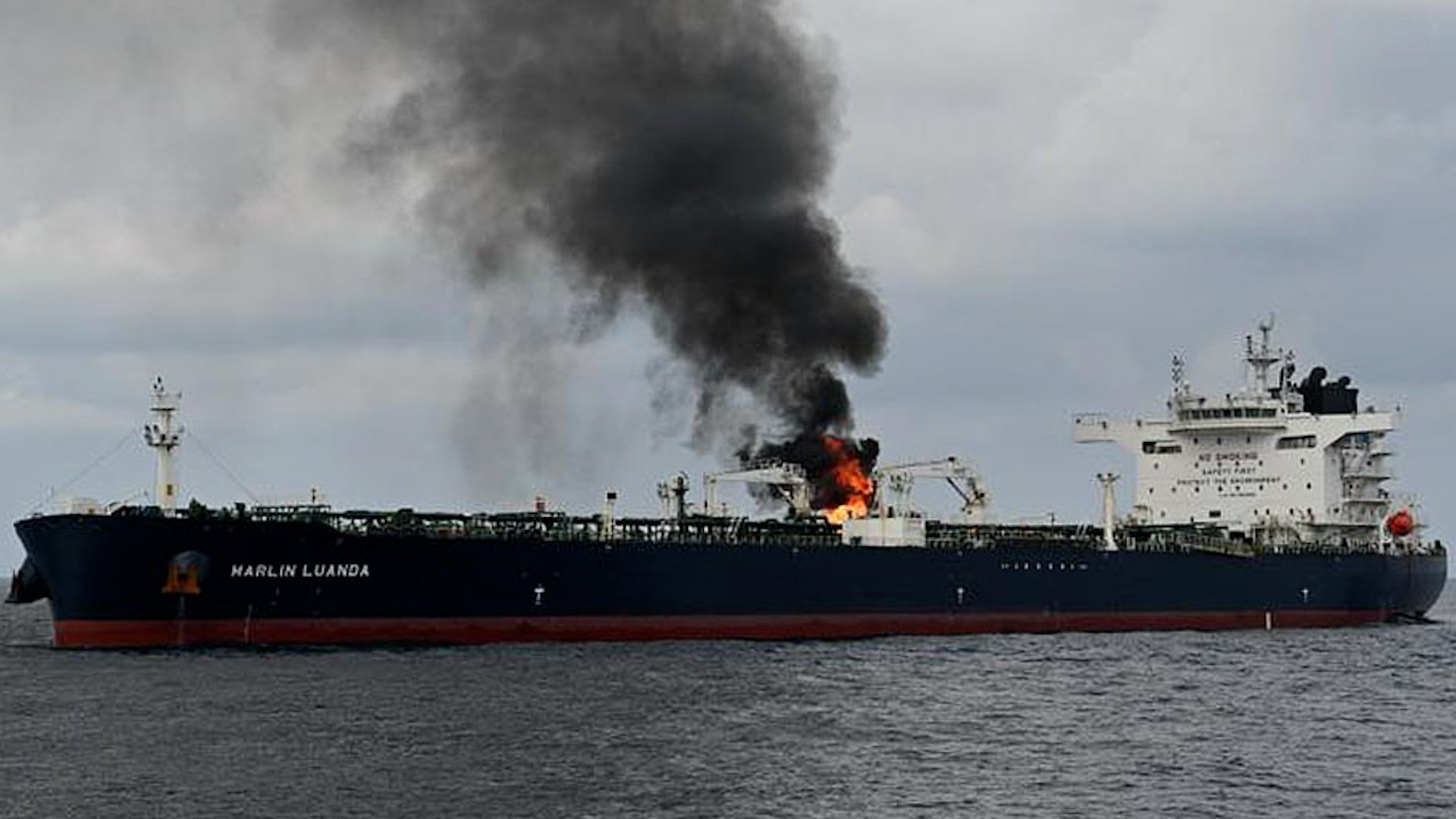
As a result of the clashes in the southern Red Sea and the Bab al Mandab Strait, vessels have had to be redirected around the Cape of Good Hope at the southern tip of Africa, a journey that takes far longer and is more costly.
It is feared the disruption could increase inflation and push up the price of goods in shops.
The MOD said: "The Typhoons employed Paveway IV precision-guided bombs against multiple military targets identified by careful intelligence analysis at three locations.
"At As Salif, due west of Sanaa on the Red Sea coast, our aircraft targeted a ground control station inside a defensive position. This station had been used to control Houthi drones, both attack and reconnaissance types, launched from further inland, operating over the sea against international shipping".
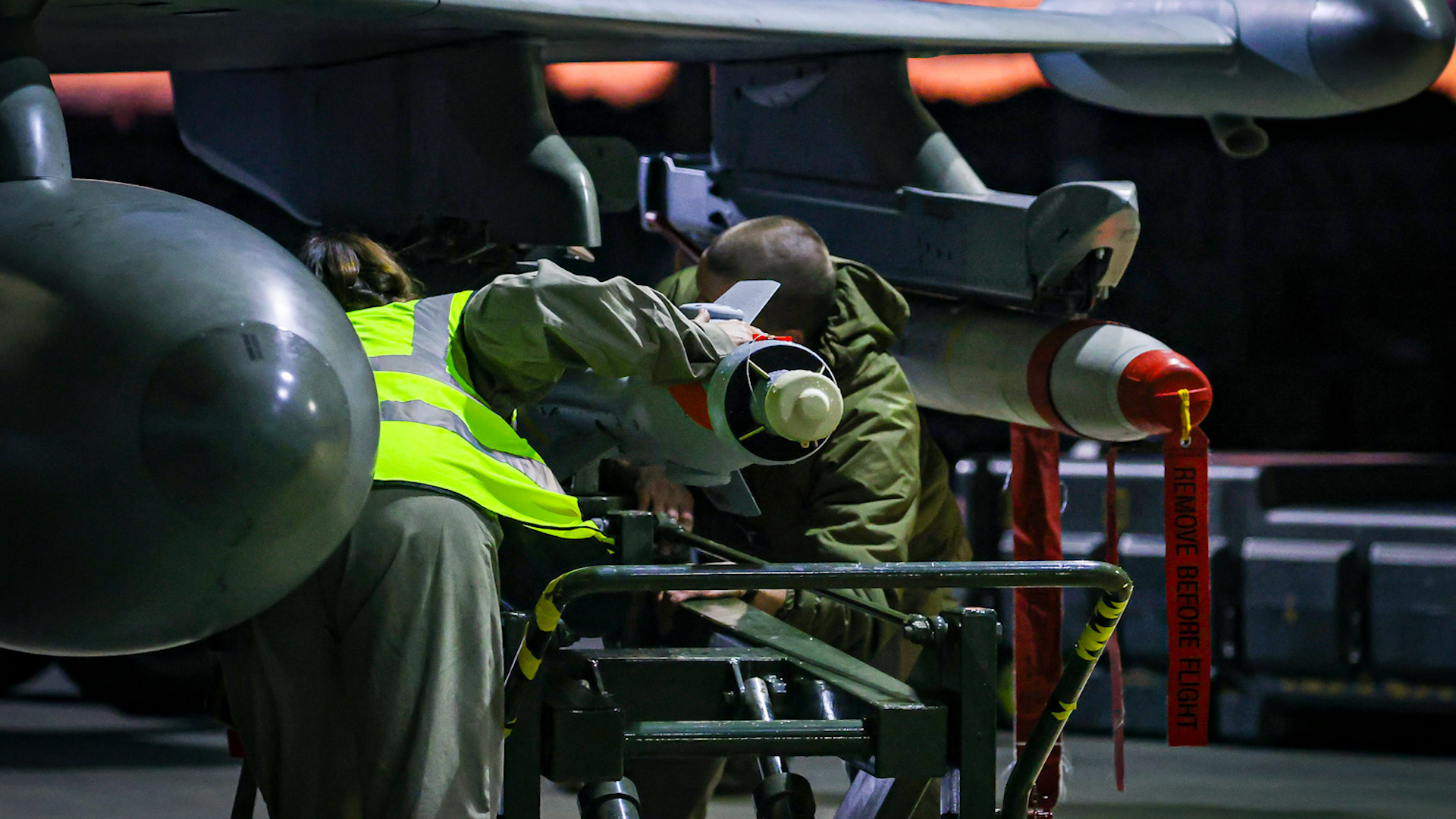
The MOD statement added: "A second drone ground control station was confirmed to be at Al Munirah, on the same stretch of coastline. As with As Salif, the station provided direct control of reconnaissance and attack drones targeting shipping in the Red Sea, its position on the coast allowing it to maintain the line of sight data links such weapons require to target ships with any accuracy.
"The Typhoons also attacked a significant number of targets at Bani. An initial group of facilities there were successfully struck by the RAF on the night of 11 January, and since then a further set of buildings at the site had been positively confirmed as involved in the Houthi drone and missile operations and were duly targeted on this occasion.
"As is standard practice with such operations by the Royal Air Force, the strikes were very carefully planned to ensure minimal risk of civilian casualties, and by bombing at night any such risks were further mitigated."
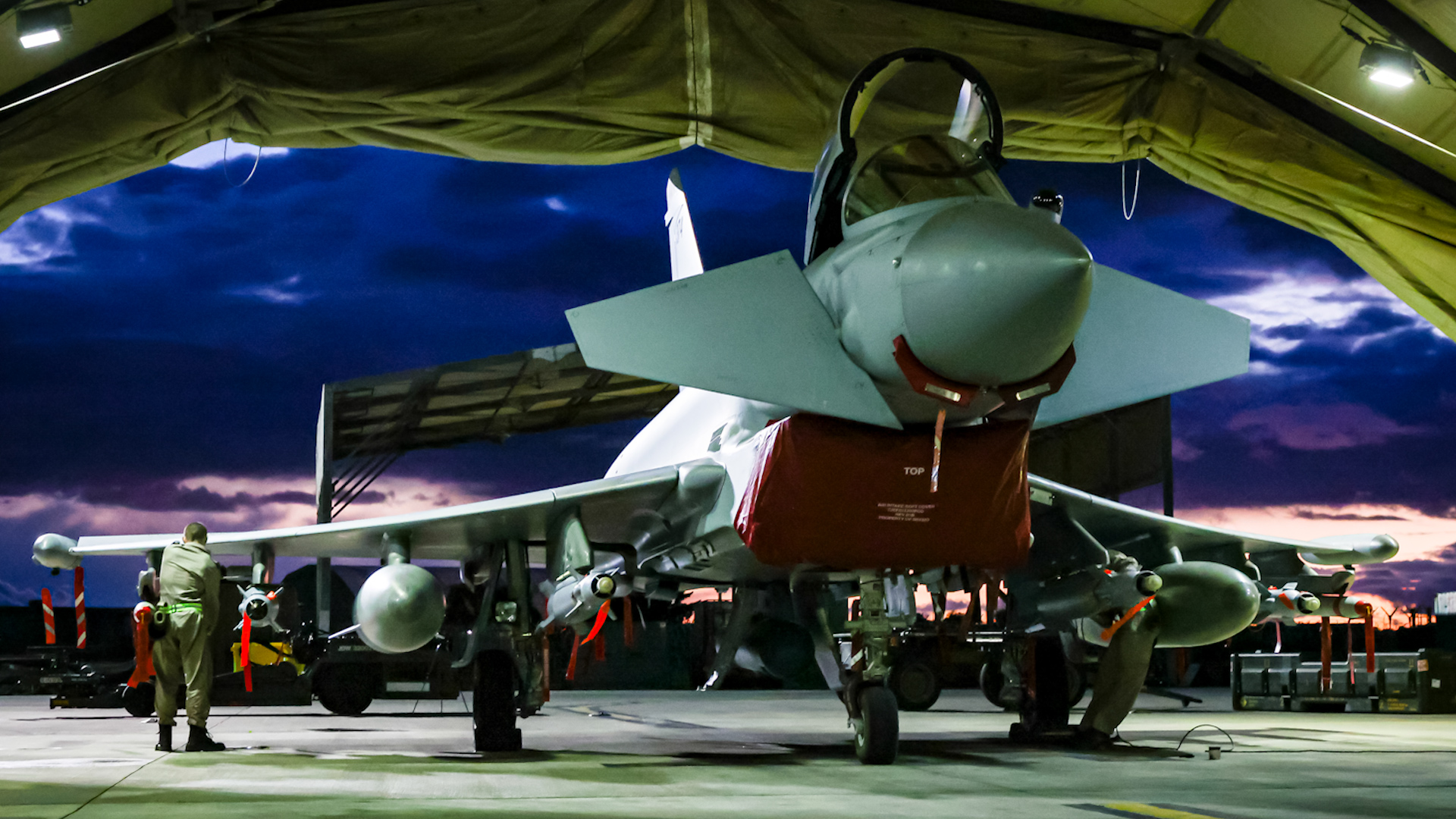
'We will not hesitate to continue to defend lives'
A joint statement on the strikes from the UK, US, Australia, Bahrain, Denmark, Canada, the Netherlands and New Zealand said it was "an additional round of proportionate and necessary strikes against 36 Houthi targets across 13 locations in Yemen".
It said the assault was in response to "a series of illegal, dangerous, and destabilising Houthi actions" since previous coalition strikes on 11 and 22 January.
"Today's strike specifically targeted sites associated with the Houthis' deeply buried weapons storage facilities, missile systems and launchers, air defence systems, and radars," they said in the statement.
"The Houthis' now more than 30 attacks on commercial vessels and naval vessels since mid-November constitute an international challenge."
The coalition reiterated its warning to the Houthi leadership, saying: "We will not hesitate to continue to defend lives and the free flow of commerce in one of the world’s most critical waterways."



